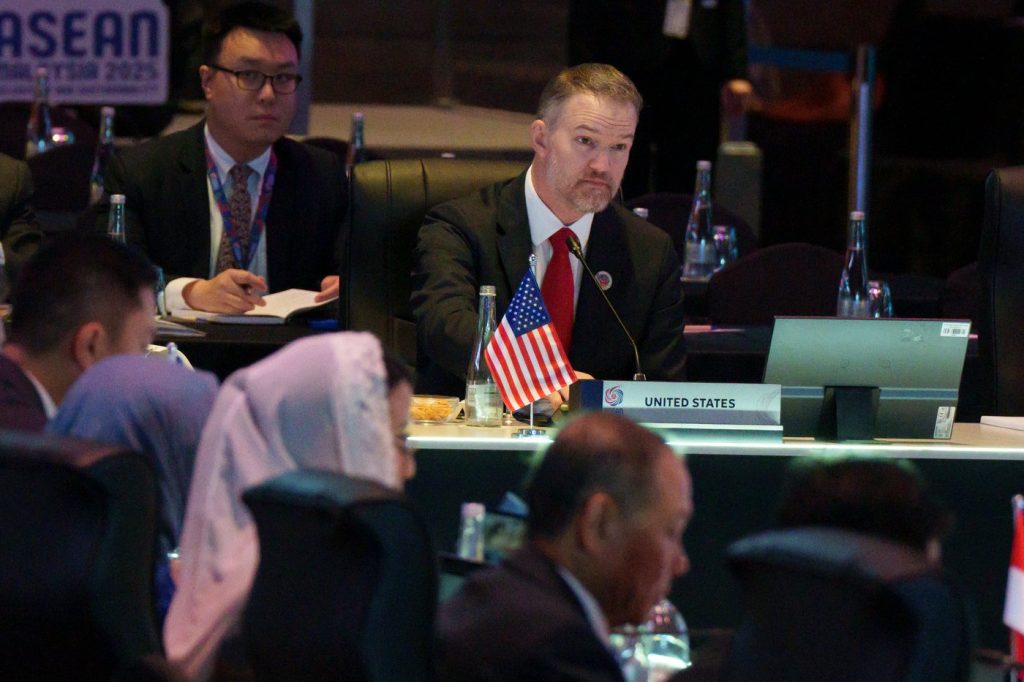In recent developments, China has expanded its export rules on rare earth materials, marking a significant shift in its trade policy. For the first time, Beijing has mandated that foreign companies must seek approval from the Chinese government to export magnets that contain even small amounts of rare earth materials sourced from China or produced using Chinese technology. This means that companies like South Korean smartphone manufacturers will have to request permission to sell their devices in markets such as Australia, should those devices include components derived from Chinese rare earths. Jamieson Greer, the U.S. trade representative, described this rule as granting China control over a substantial portion of the global technology supply chain.
This action by China mirrors a long-standing U.S. policy known as the foreign direct product rule, which extends U.S. law to foreign-made products and has been utilized to restrict China's access to certain American technologies, even when such technologies reside in foreign hands. The recent development highlights a critical dynamic in an ongoing trade confrontation between China and the United States, characterized by both nations adopting strategies reminiscent of each other’s approaches to trade and sanctions.
Experts such as Neil Thomas from the Asia Society Policy Institute indicate that China has taken cues from U.S. trade practices, particularly since the onset of the trade war initiated by former President Donald Trump in 2018. At that time, China recognized the necessity to develop laws and policies it could employ in future trade conflicts, often looking to Washington for inspiration. The Unreliable Entity List, established in 2020, bears resemblance to the U.S. Commerce Department's entity list, which restricts foreign companies' business activities with the U.S.
Furthermore, China's adoption of anti-foreign sanction laws in 2021 allowed its Ministry of Foreign Affairs to deny visas and freeze assets of certain foreign individuals and companies, echoing the capabilities of the U.S. State Department and Treasury. These moves have been deliberate, with a focus on creating a toolkit to counter foreign interventions and long-arm jurisdiction by employing methods that align with U.S. practices.
As international relations have soured, China has not only updated its export controls but has also revamped its foreign investment reviews, mirroring the holistic approach to national security adopted by both governments, which justifies expanded restrictions on one another.
In 2023, following Trump's return to power, the trade war escalated, prompting China to respond with a series of tit-for-tat measures beyond raising tariffs. In response to Trump's tariffs, Beijing added companies like PVH Group and Illumina to its unreliable entity list, restricting their operations within China. Significantly, it has also enacted export controls on critical elements necessary for high-tech product manufacturing, thereby threatening supply chains for technologies ranging from smartphones to military equipment.
As tensions continue, analysts caution that although these reciprocal measures may serve immediate strategic goals, they carry inherent risks. Jeremy Daum of Yale Law School articulates concerns that what one nation perceives as a balanced response, the other may view as an escalation, potentially leading to unnecessary conflict. Additionally, this "race to the bottom," as understood by many observers, suggests that mutual restrictions could ultimately harm both economies, questioning the long-term viability of such trade strategies.












